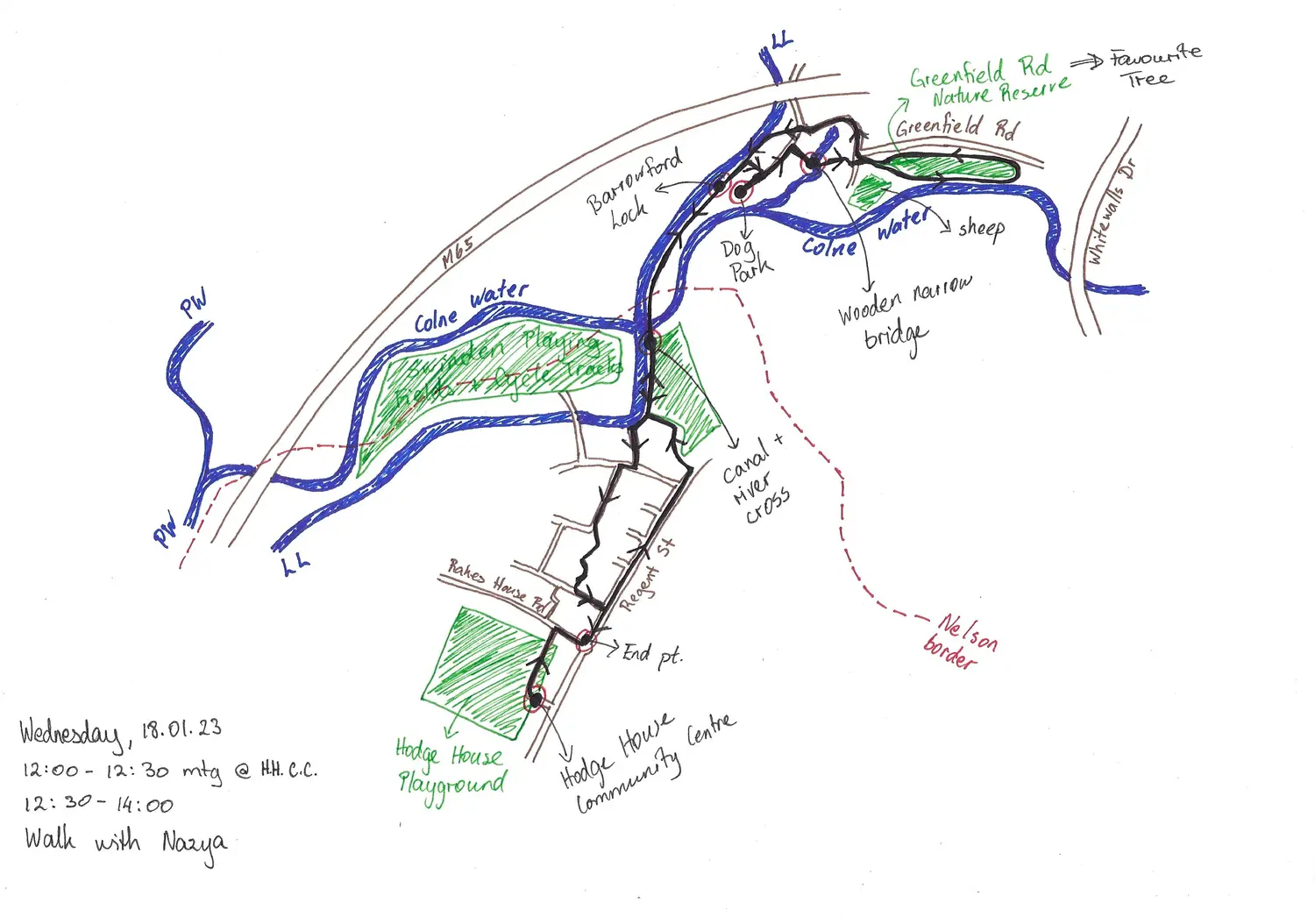Kristina Borg
Kristina Borg was born in 1987 in Malta, where she also lives and works. In her transdisciplinary research-practice she spends time integrating into specific multispecies communities and devotes her attention to the dialogue between such communities – human and more-than-human – and the place. Her work focuses on the co-creation of projects that are situation and context-specific, and involves diverse, experiential processes that relate to socio-political, economic, feminist and environmental issues in urban-collective spaces, ranging from the city to the supermarket, from the walkway to the sea and the field. Kristina’s work has been presented in numerous entities including, La Maternitat, Historical Archive of the Barcelona Provincial Council, Barcelona (2024), In-Situ Pendle, UK (2023), the European Horizon 2020 research and innovation project AMASS – Acting on the Margins: Arts as Social Sculpture, with a concluding exhibition at Spazju Kreattiv, Malta (2021), Centro Municipal de Arte Hélio Oiticica, Brazil (2019), Nieuwe Vide, The Netherlands (2017), and others. She is also the recipient of various awards and nominations, and most recently she was selected as a finalist for the New European Bauhaus Prizes 2023 with her project You Are What You Buy – Reap what you sow. Kristina is also a fellow of the Salzburg Global Forum for Cultural Innovators and a member of the international Community Economies Research Network.

Moving on_Moving with_Water Bodies
I am considering this residency as an extension to my current sabbatical year whereby I’ve made multiple attempts to slow down, but with little success due to diverse external factors. I hope this residency will help me to slow down and reflect on and revisit my artistic and research process, during which I aim to think with water and its flows as I connect them to or allow them to reshape from notions of land and agricultural practice (from a previous project). I hope that this residency will help me to refine some of my current research questions as I stand in a point of transition, a transition that might transform itself into or further involve a parallel departure of a process-based journey that will hopefully seed and bloom into a longer, deeper and wider project, relating to port cities and islands in the Mediterranean region. This journey aims to engage more specifically with the experience of women and their connection and relation with and to water and the sea, and the immediate environs. What are the effects of water moving in and with our bodies? Women have often been paralleled to water as a place of nourishment and shelter; often described as the prime users of water through cleaning and cooking tasks; and, like water, women have been commodified and exploited. As water flows, transforms, twists, and turns, women are also often hailed for their adaptability skills. But what happens if women refuse to adapt to the privileged and patriarchal dominance, especially within the context of port-cities? What opportunities arise within these challenges? How do we as women reclaim ourselves by listening, walking and rethinking with and through water? How can water empower women’s rights, and, similarly, how can women empower the right to water and the right of water alike?



.webp)














%20(2).webp)




.webp)

























